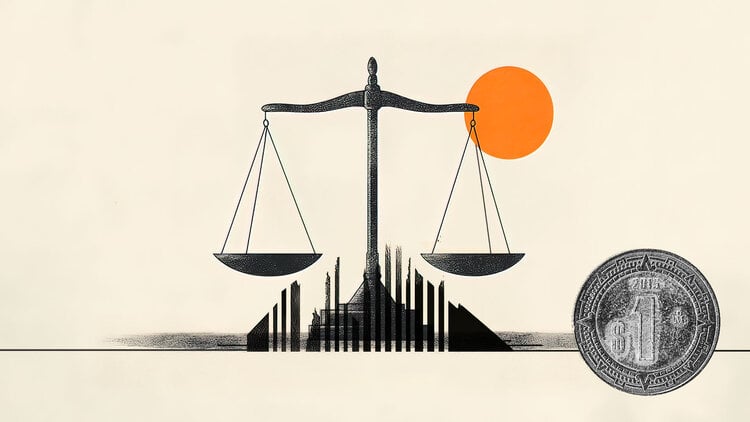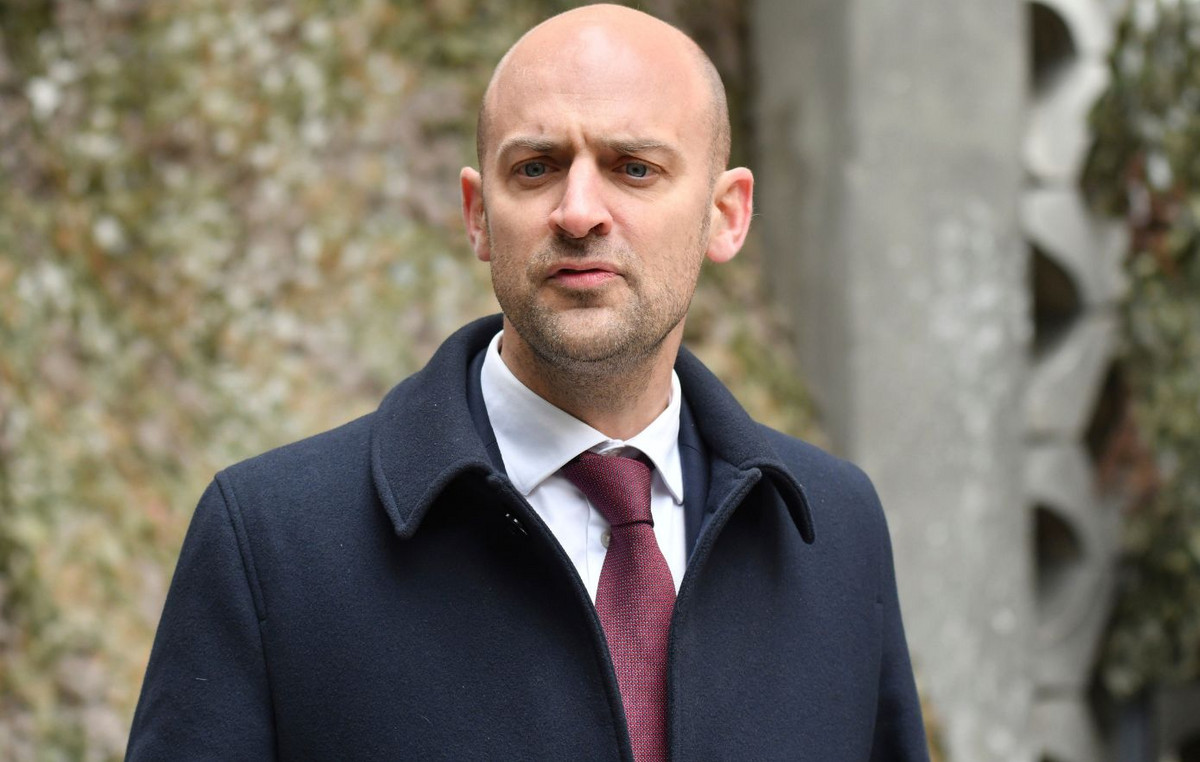Data from the Brazilian Association of Organ Transplantation (ABTO) on the Brazilian Transplant Registry (RBT), show that, in the first half of 2023, 208 heart transplants were performed in Brazil — the third most transplanted organ, behind the kidney (2,847 ) and liver (1,103).
This semester, there was a significant increase in donation rates — 19 donations per part per million of the population (ppm) and almost 70 ppm potential donors, those who are undergoing tests and obtaining consent for the donation.
VIDEO – Heart transplant: List is unique and independent of funding means, says Kalil to CNN
The increase is mainly explained by the increase in the absolute number of donors and the number of notifications of potential donors.
“Historic year”
According to Fernando Atik, ABTO board member, during the pandemic, there was a 25% drop in the loss of donations.
But 2023 donation projections show that the year could see the highest number of transplants in history. “This year could be a historic year for organ donations and transplants in Brazil”, he says.
The increase in organ transplantation is driven by kidney, liver and heart.
Greater number of transplanted hearts
The data show that the year can register two heart transplants for every million of the population, the highest value ever recorded for the organ in Brazil — about 416 transplanted hearts, which should include the new heart of Fausto Silva, transplanted last Sunday ( 27). At the level of comparison, the highest ever registered for the agency was 380, in 2017 and 2019.
Between January and June of this year, Brazil registered 6,793 potential donors and 1,930 actual donors, donors who have passed all tests confirming brain death, eligibility for donation (immunological and serological tests) and have family authorization. Despite the drop recorded in the pandemic, there is a trend of interest in donations.
In 2022, 3,528 effective donors were counted, a number higher than the previous two years, but still below that recorded in 2019, before the pandemic.
Currently, there are 303 people in the queue for a heart, of which 59 are children – and 57,337 expect an organ overall.
“Donating your organs can save many lives that would not have had another chance without a transplant. There is no greater act of love for others and human solidarity than saving the life of a stranger”, says Atik to CNN .
São Paulo leads
The state of São Paulo, where Faustão was transplanted, at Hospital Israelita Albert Einstein, leads the number of transplants in these first six months, with 64 new hearts transplanted. The state also has the largest waiting list for the agency, 13 active in 2023.
Comparing the donation rates by region, those of 2019 (pre-pandemic) with those of this semester, there was an increase of about 7% in the Southeast (7.1%).
The increase was also seen in the Midwest (14%) and, mainly, in the North (57%). In Rondônia, the increase was 122%, even with the paralyzed transplant activities.
VIDEO – Brazil’s transplant system is internationally recognized, says cardiologist
Source: CNN Brasil
I am an experienced journalist and writer with a career in the news industry. My focus is on covering Top News stories for World Stock Market, where I provide comprehensive analysis and commentary on markets around the world. I have expertise in writing both long-form articles and shorter pieces that deliver timely, relevant updates to readers.







